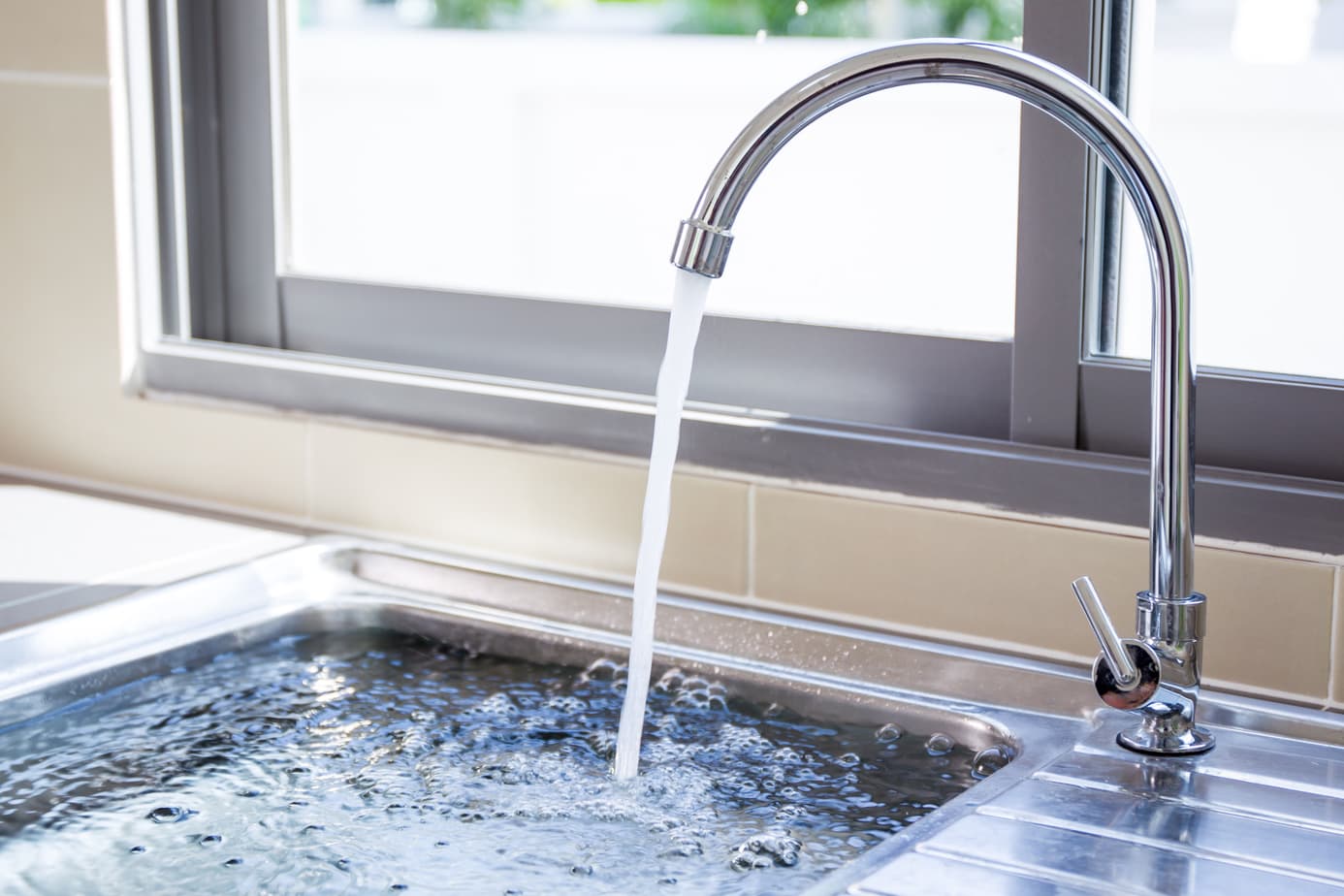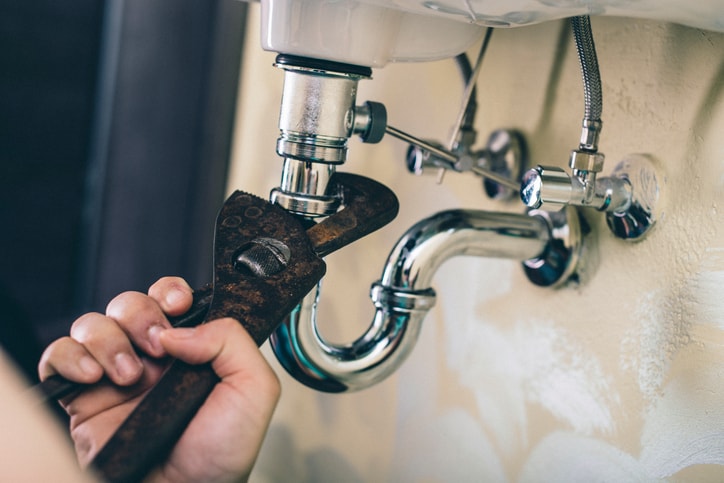While owning your own place is cool, living as a tenant has it’s benefits too. There’s no building insurance to pay, any massive refurbs are all paid for, and most repairs that need doing are taken care of by the landlord also. But, with whom does the responsibility lie when it comes to blocked drains – the tenant or the landlord?
Landlord and Tenant Act 1985
In the UK, we’re quite lucky as we have a very well-structured legal system which consists of a variety of rules and regulations, we must all follow. One such piece of legislation that’s particularly relevant in this situation is the Landlord and Tenant Act 1985.
Under this act, it specifically states that it is a landlord’s responsibility for ensuring all areas of plumbing, including pipes and drainage are maintained to an acceptable standard. And while this may sound quite cut and dry, there is once slight problem. What if it’s the tenant’s fault that the drain is blocked? In cases such as these, where it is clear that the tenant is to blame for the blockage, then they will be liable for the cost of the repairs. This is an important factor to understand when renting as can lead to problems if the plumber pulls a baby wipe from your U-bend!
It’s not always straight forward when it comes to determine who is at fault. Therefore, the best way to avoid being in this situation is do all you can to prevent a blocked drain from occurring in the first place. To get yourself in a better position to not be faced with a hefty plumbing
Tips on how to Avoid a Blocked Drain
- No food in the sink. It’s all too easy to give the plate a quick rinse before placing it in the dishwasher. The problem is that not all of those little remnants of food get broken down properly, and sometimes those pieces get lodged in the pipes, causing a blockage to occur. To avoid this from happening simply make a pact with yourself to always clean your plate over the bin, not the sink, as the less food that goes down it, means the less chance of it getting blocked.
- Banish grease and oil. These are the two most common causes of blocked drains in the kitchen. Because of their consistency, as they cool, they harden, and tend to stick to all the insides of your pipes. Over time, an accumulation of hardened oil or grease can easily prevent water getting through. Therefore, to stop this from happening, find an alternative disposal method for your grease and used oil – i.e. a food waste bin.
- Mindful flushing. When you take a second to think about it, the hole in the toilet in which everything goes is pretty small, and the attached pipes aren’t much bigger. So, you can see how easy it is for them to get blocked when rolls upon rolls of toilet paper are shoved in them, or un-dissolvable baby wipes. At the end of the day, if you don’t want to be sticking your hand down there to try and dislodge anything that gets stuck, then be more mindful as to what goes in your bowl.
- Sink strainers. No one is perfect, and sometimes after washing up, you pullout the plug only to see some tiny flecks of food go down the drain. And while it’s unlikely these miniscule crumbs are going to cause you too many problems on their own, over time, they may accumulate, causing a smelly, blocked drain to arise. This can easily be avoided through the use of a sink strainer. These miracle products can be found in your local supermarket or pound shop and can save you from a great deal of stress later on. The way sink strainers work is they stop larger objects from entering the drain while still allowing water to pass through. These can also be used in the bathroom to prevent hair from clogging up the drain.
As mentioned above, the best way to avoid a waterlogged flat and potentially a hefty plumbing bill, is to be a little more mindful. And following the above, is a good place to start. However, if these things do slip your mind (you are only human after all), and you still find yourself in a spot of bother, then don’t suffer in silence and risk losing your deposit – give the experts a call today.




















